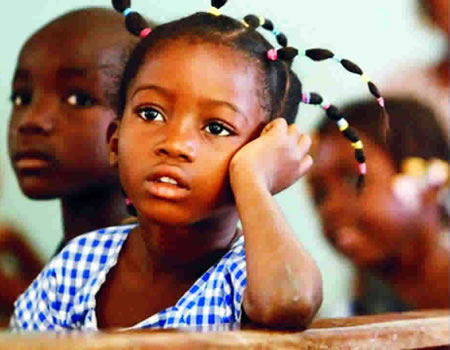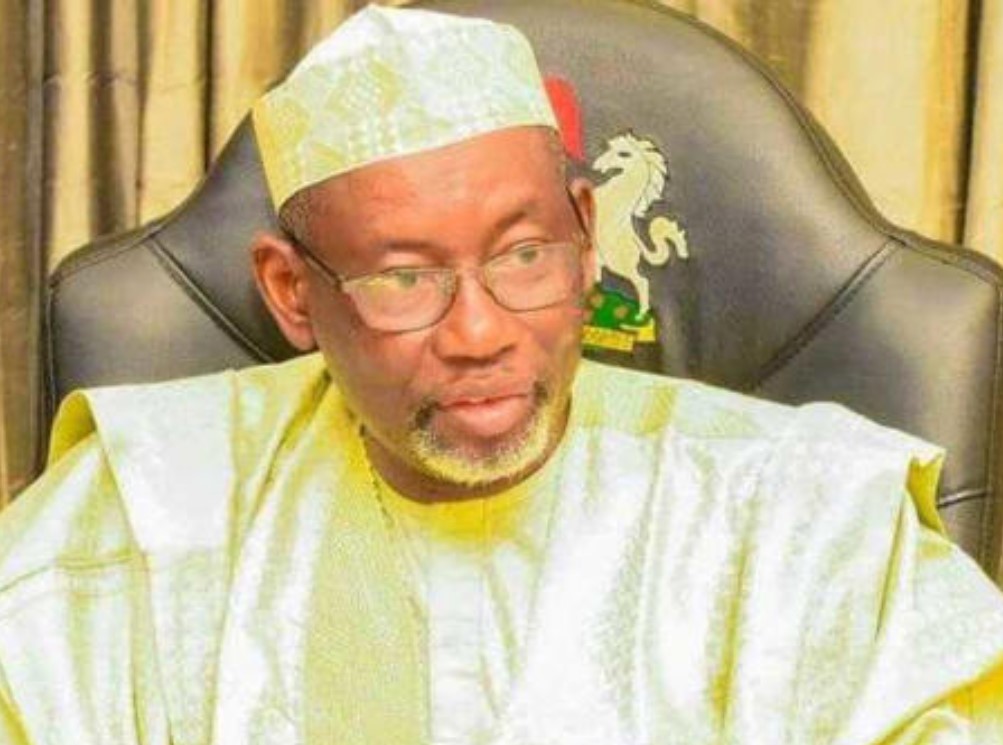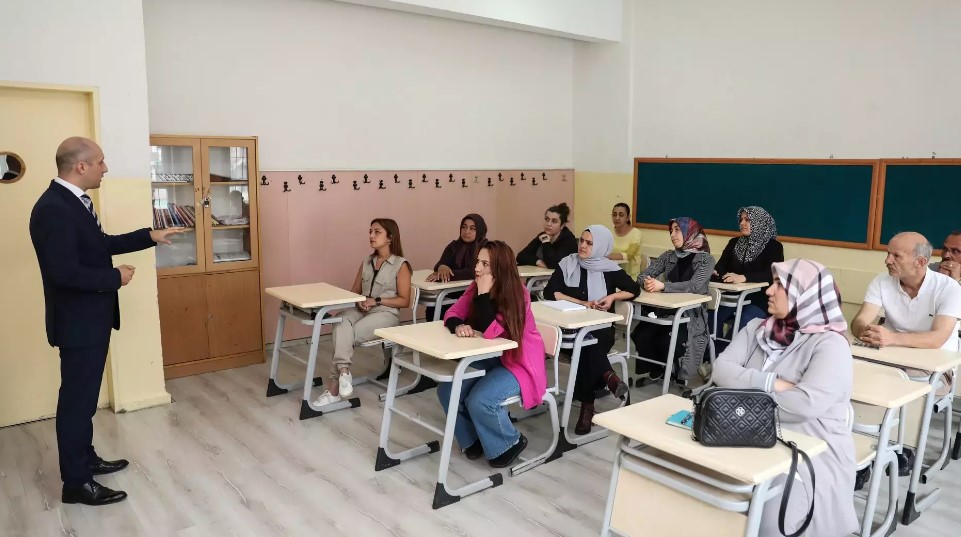
Lagos State Rallies Stakeholders For Comprehensive Schools Programme
- EducationLagos State
- No Comment
- 238
The Lagos State Commissioner for Education, Mrs Folasade Adefisayo, has said the state’s Comprehensive Schools Programme was set up to keep prospective school dropouts in school by including top quality vocational training to regular academic curricular.
She said two months ago, the Lagos State Government, working with partners in the organised private sector and non-governmental agencies, came up with what it believed was a winning formula: a programme that addressed the high rate of attrition in its public secondary schools.
She said the pilot phase was launched in 12 secondary schools across the state’s six Education Districts and covers categories such as Agriculture; Tech and Digital Skills; Beauty and Events; Building and construction; Media and Entertainment.
“Much work still has to be put in by all concerned because we can’t be happy with the number of our children dropping out of school,” Adefisayo said.
Recalling her encounter with a yam seller when she worked as an administrator of a government secondary school in Oshogbo, the Osun State capital, she said: “The principal shed tears because the student had been her best student in Chemistry a few years before.”
Adefisayo said the Comprehensive Schools Programme would help students become self-reliant by teaching skills they are good at and passionate about. She cited the example of her daughter, who put herself through university through hair braiding. “She was independent and able to work for her upkeep,” she said of her daughter.
The educators present also brought up suggestions to help improve the programme, one being to expand it to include private secondary schools for a fully rounded take on the dropout challenge, to provide facilities for the physically challenged students and to register patents for products by the students in the programme.
On the target of expanding the programme to 50 schools by September, the Permanent Secretary, Ministry of Education, Mr Abayomi Abolaji said a major factor in the selection process of the schools is the availability of infrastructure.
While acknowledging the various input from the audience, the Commissioner announced the involvement of the Office of Education Quality Assurance (OEQA) to help in the maintenance and improvement of programme standards.
“In terms of the classrooms, we will renovate them to such a state as to become conducive for proper learning by replacing furniture, installing smart TVs and other gadgets for the tech sessions. The programme would ultimately cover every public secondary school in the State.
“Because all our schools are affected by the dropout problem, we want to retain those who would learn different vocations within the structured environment of the schools. We are saying to them, ‘Pay attention, do well, make us proud.’ As we continue tracking them and seeing them get to wherever they can in life,” Adefisayo said.
Over 500 students are currently in the Lagos State Comprehensive Schools Programme.
By Kehinde Olatunji
https://guardian.ng/news/lagos-state-government-rallies-stakeholders-for-comprehensive-schools-programme/





